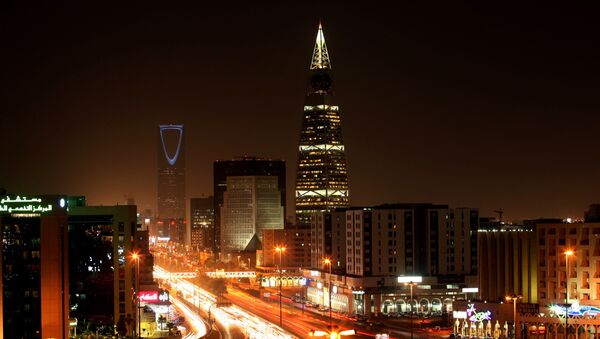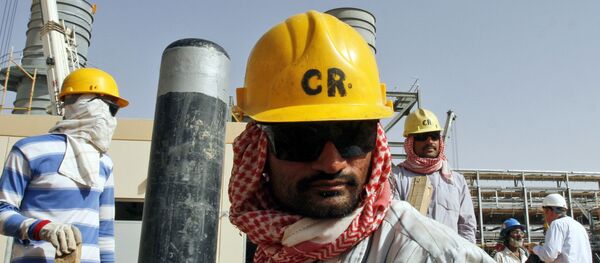Mohammad bin Salman al-Saud, the deputy crown prince of Saudi Arabia and the country's defense minister, is said to be the key advocate of the U-turn. This move had other supporters, French expert on energy and resources Francis Perrin told the media outlet. But it does reflect the "vision, influence, power of conviction and ambitions" of the unpredictable royal, who is responsible for Riyadh's controversial military campaign in Yemen.

Riyadh's policy change, he added, is testament to the extent that the Saudi leadership "is obsessed with Iran."
As a result, Saudi Arabia is trying to prevent its archenemy from reaping any inadvertent benefits from the kingdom's decisions. Iran does not want to freeze oil output, but instead is trying to regain its market share.
"Saudi Arabia's U-turn in Doha shows that the kingdom's oil policy is becoming increasingly polarized," Perrin said. "Riyadh's oil policy has been very predictable and professional for a very long time, but it is becoming increasingly hard to decipher."
This is a new and unnecessary factor that contributed to the uncertainty of the global oil market and the world economy. Most likely, it will also hamper any deal at the upcoming OPEC meeting in June.
Meanwhile, on Friday, Venezuela urged Qatar to invite non-OPEC oil producers to the Vienna Ministerial Conference as observers in a bid to breathe new life into the initiative to freeze output and stabilize oil prices.



